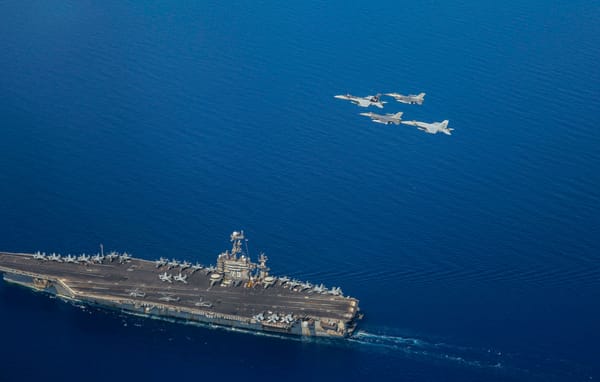The assassination by Serbian nationalists of Austrian Archduke Franz Ferdinand on June 28, 1914, triggered a weeklong diplomatic crisis that culminated in the outbreak of World War I. The intervening days were marked by a dreamlike state of unreality; the major powers kept talking past each other and making increasingly bellicose statements of principle, even as everyone could see a catastrophic war inching closer.
An eerily similar sequence of events is unfolding in the Middle East today. A horrifying terrorist attack provided the immediate spark for the crisis, but the issues behind it run deeper.
The shocking murder of the Austrian heir apparent was seen by Austria’s leadership as an opportunity to settle a long-standing problem: the growing nationalism that threatened Austria-Hungary’s status as a vast, multi-ethnic empire. It had already lost its territories on the Italian Peninsula to Italian nationalist forces; if more and more of its subject peoples got the idea that they could break free and form their own nation-states, the empire would be finished. Thus, the Serbs had to be crushed to scare everyone else away from nationalist projects.
Yet Serbia’s security was guaranteed by Russia, which, in turn, was allied with France. If Russia betrayed the Serbs, Austria would be safe. But if it intervened, the great powers would soon be at war against each other, thanks to the web of alliances and security guarantees. The Austrians, however, decided to take the chance. They hoped that the Russians would be loath to go to war, especially as Germany—the Continent’s military powerhouse—had given Austria a “blank cheque” to do as it wished with the Serbs. The gambit failed. Russia declared war.
